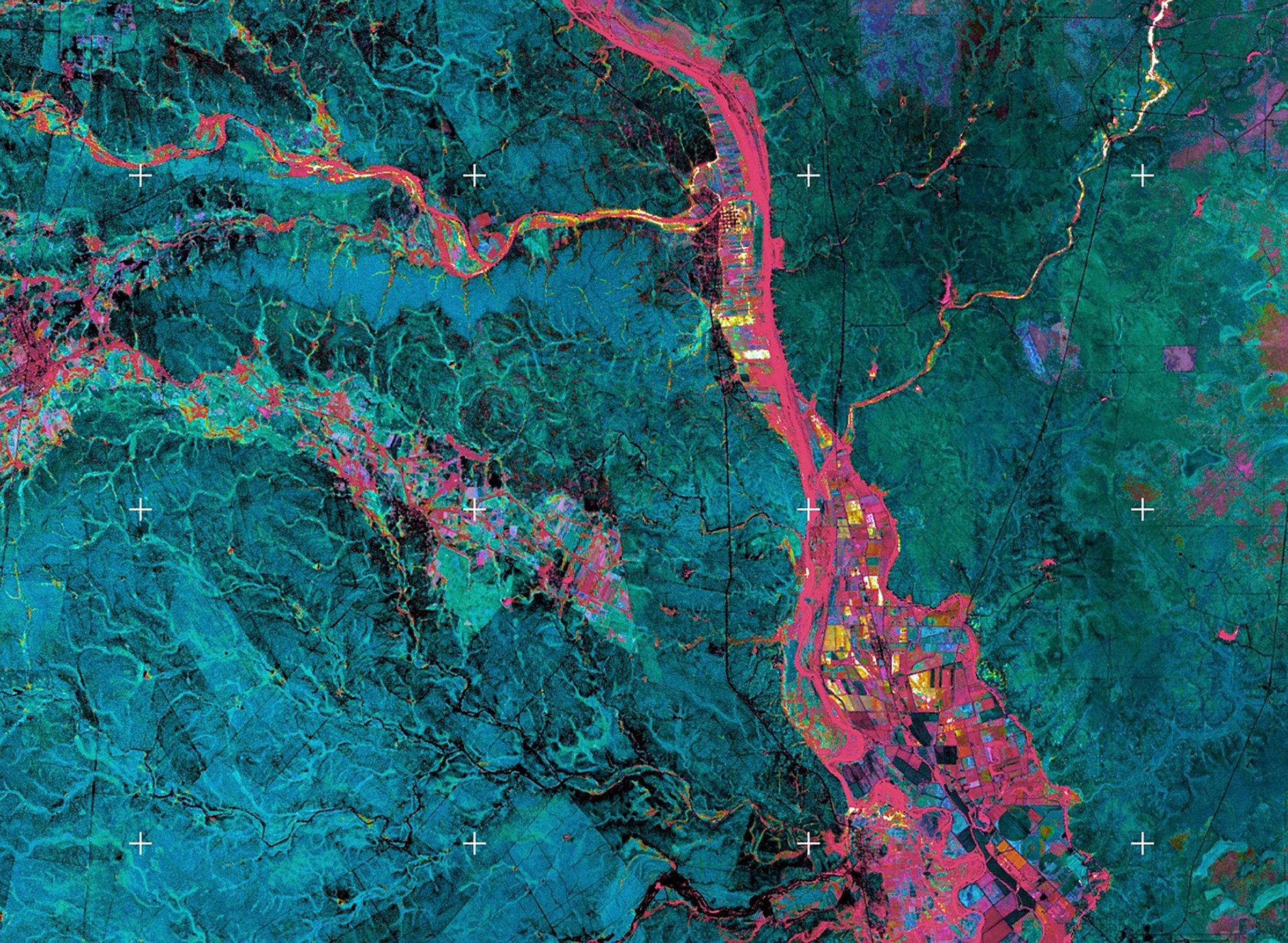ArchDaily features Alumna Zarith Pineda (A '15)

may 8, 2020
Zarith Pineda (A '15) was recently interviewed by the global architecture platform ArchDaily. Pineda is an architectural and urban designer, as well as the founder of Territorial Empathy, a research laboratory that specializes in mitigating urban conflict through architectural interventions. The nonprofit’s work includes architectural projects, as well as mapping and data visualization projects related to redlining, public school funding, air quality, access to healthy foods – and most recently providing assistance to service agencies and organizations responding to the COVID-19 crisis nationally and internationally – focusing on domestic violence and racial disparities in the pandemic response efforts.
Specifically, Territorial Empathy recently launched a grant program, COVID-19 Empathy Grants, to donate pro-bono services to organizations or communities that could benefit from the nonprofit's work. Organizations and individuals can submit information through a form on the COVID-19 Empathy Grant webpage.
“At Territorial Empathy we believe that empathy is the key to solving the pressing urban issues of our time. Now more than ever, design thinking, projects, and teams have a responsibility to inspire inclusion and connectivity. Our mission is to bring together urbanists, architects, and data scientists to work on behalf of the people in places that are often overlooked. By shedding a light on their perspectives and aspirations, we aim to support their fight for equity,” Pineda told ArchDaily.
Pineda graduated from Tulane School of Architecture in 2015 after earning her 5-year M.Arch. In 2017 she received an M.AUD from Columbia University, where her research on water diplomacy, spatial justice, and conflict urbanism awarded her the prestigious Lowenfish Memorial Prize. She has also taught Digital Design Techniques, Urban Theory, and Data Visualization as Adjunct Associate Professor at Columbia. Zarith has practiced at a number of national/international architectural and urban design firms where she was involved in a broad range of institutional, residential, and planning projects. Zarith’s work has been published and exhibited in New York, New Orleans, Washington D.C., Paris, Brussels, Venice, Amman and Tel Aviv.
To read the full interview on ArchDaily, click here.